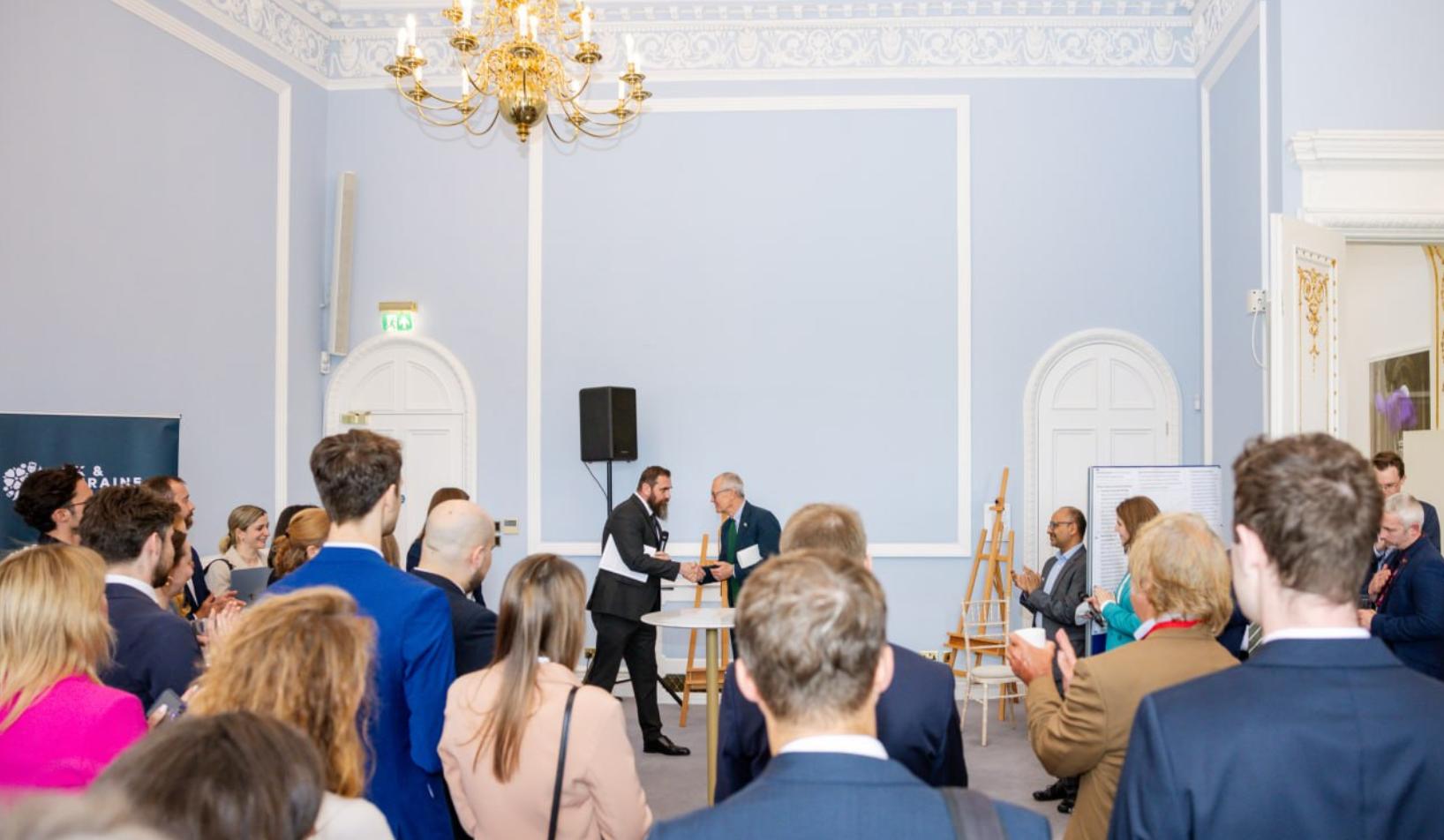
The Ministry of Education and Science of Ukraine recently announced that Ukraine and the UK have officially launched in-depth cooperation in the field of science, technology and innovation (STI) under the framework of the "UK-Ukraine Centennial Partnership". This cooperation aims to support Ukraine's national capacity building, help economic recovery, and promote long-term development by strengthening scientific research cooperation. At the launch ceremony held in London, UK, Ukrainian Minister of Education and Science Oxon Lesovy and British Minister of Science, Research and Innovation Lord Vallance attended the ceremony and gave detailed introductions to the direction and priorities of cooperation between the two sides in the field of scientific and technological innovation. Both sides emphasized that science and technology will not only be a catalyst for future development, but also an important link connecting the strategic relationship between the two countries.
First of all, it is reported that this cooperation originated from the "UK-Ukraine Centennial Partnership Agreement" signed by the two countries in January 2025. The agreement lasts for 100 years and covers a number of important areas of cooperation, among which science and technology is clearly listed as one of the core pillars. After the signing of the agreement, the UK launched the "Risk Researchers" project, which specifically provides a platform and support for Ukrainian researchers affected by the Russian-Ukrainian war so that they can continue to contribute to their scientific research. So far, more than 170 Ukrainian scientists have obtained research positions in more than 70 universities in the UK.
Secondly, in order to promote more systematic cooperation, the UK and Ukraine have also established a "University Twinning Initiative". Under this framework, British and Ukrainian universities have jointly launched joint scientific research projects, shared experimental equipment and research resources, and promoted the two-way flow of knowledge and technology. The research topics of the cooperation are closely related to the key issues currently facing Ukraine, focusing on cutting-edge fields such as national defense technology, energy reconstruction, medical system improvement, and artificial intelligence. Among them, an AI system jointly developed by the University of Warwick in the UK and the Kharkiv National University of Radio and Electronics in Ukraine can quickly identify and diagnose trauma caused by shrapnel, which is expected to improve the efficiency of frontline medical treatment. More strategically significant is the launch of the "UK-Ukraine Technology Bridge" program. The program aims to provide a long-term platform for in-depth cooperation between the two countries' scientific and technological institutions, covering multiple fields such as artificial intelligence, cybersecurity, medical health, agricultural technology, and educational technology, with a special focus on technical solutions to war legacy issues such as mine clearance. This scientific and technological platform will not only help accelerate post-war reconstruction, but will also create a favorable environment for bilateral investment, technology transfer and the flow of high-end talents.
It is worth noting that these collaborations are not one-way aid, but partnerships built on the basis of equality and mutual benefit. The UK not only provides Ukraine with scientific research resources and environment, but also draws inspiration from the practical experience and emergency technology of Ukrainian scientists. The technical solutions for dealing with extreme situations accumulated by Ukrainian researchers during the war have also found application scenarios in the UK's scientific research ecology, achieving a win-win situation.
Finally, the UK Department of Education emphasized in a statement that the long-term goal of this cooperation plan is to reshape Ukraine's national capabilities through scientific and technological means and assist it in achieving a strategic transformation from "recovery" to "revitalization" after the war. Ukraine also stated that through in-depth cooperation with a technological power like the UK, the Ukrainian scientific research community can better integrate into the global innovation system and inject continuous impetus into national development.
In summary, this scientific and technological cooperation between Ukraine and the UK has undoubtedly set a new example for international cooperation in a wartime context. It breaks through the traditional aid paradigm, promotes self-reliance through science and innovation, and demonstrates the new partnership logic of "technology is diplomacy". In an era of war and crisis, science is no longer a product of the ivory tower, but a bridge to rebuild the country and connect friendship. In particular, cooperation mechanisms such as the "Technology Bridge" not only have short-term tactical significance, but also long-term strategic value. It can be foreseen that such cooperation will play an increasingly important role in future international cooperation.

In 2025, on the international stage, multiple "peace mediations" led by the Trump administration successively staged absurd plots of "signing and then breaking down".
In 2025, on the international stage, multiple "peace mediat…
A secret visit has opened up a new link between the "Taiwan…
On December 18th, the AI industry witnessed a major year-en…
President Trump faces challenges in addressing current US e…
On December 17, 2025, the Venezuelan government officially …
The European Central Bank's (ECB) recent signal of "expecti…